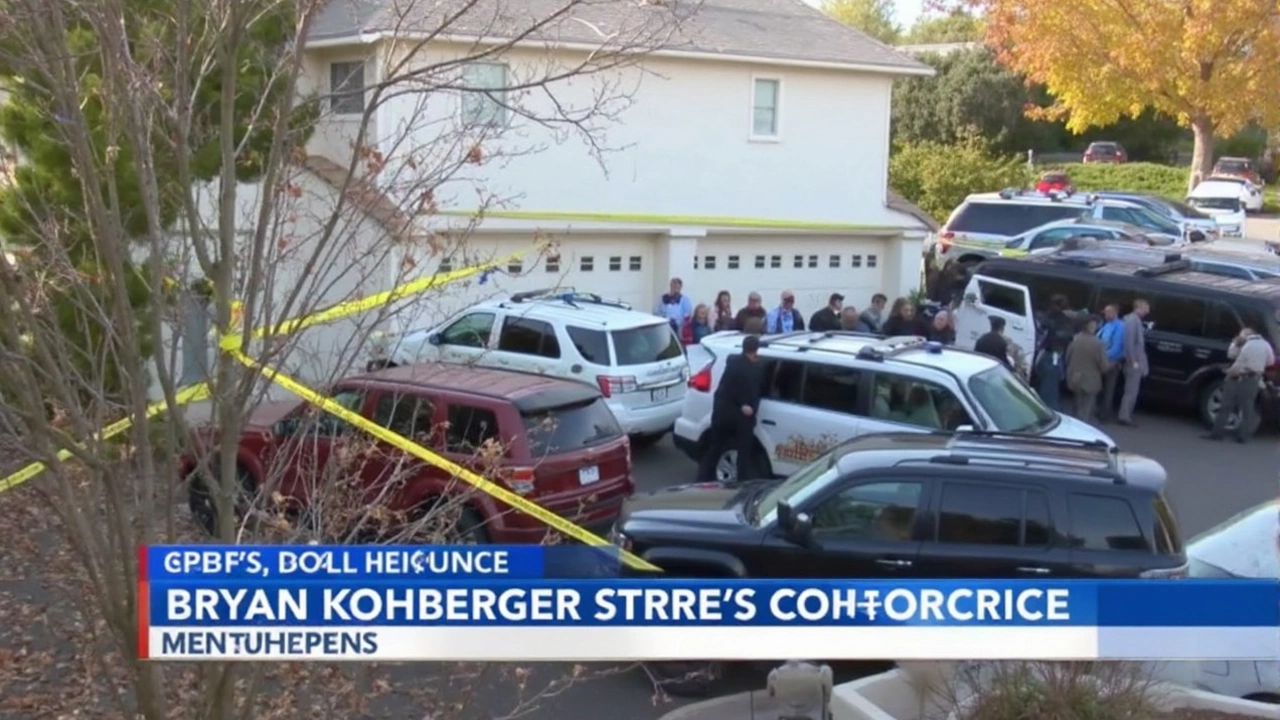Bryan Kohberger's Surprise Guilty Plea Rocks Idaho Murder Case
The story shattered the quiet college town of Moscow, Idaho—and now, in a move few expected, Bryan Kohberger has admitted to the grisly murders that left four University of Idaho students dead. On July 2, 2025, he stood before a judge and pleaded guilty to four first-degree murder charges and one count of burglary. With his plea deal, Kohberger agreed to spend the rest of his life behind bars, four life sentences running one after the other, as well as another 10 years for burglary. He's now given up any shot at appeal, locking in his fate for good.
This major turn in the case happened weeks before a highly publicized trial was set to begin. Kohberger, 30, a former grad student at Washington State University, appeared markedly thin in court—a stark image to those who remember the initial manhunt and media frenzy. The crimes, which rocked the country in November 2022, took the lives of Kaylee Goncalves, Madison Mogen, Xana Kernodle, and Ethan Chapin. Police say Kohberger sneaked into their off-campus home just after 4 a.m., stabbing each student as they slept or tried to flee. Yet to this day, investigators have kept silent about what drove him to such brutality.
During the hearing, prosecutors laid out chilling forensic evidence. They zeroed in on a Q-tip pulled from Kohberger’s trash, coated with DNA, linking him indisputably to the scene. A key detail was his unusually spotless escape car, whose interior had been stripped and scrubbed, suggesting a desperate attempt to erase evidence. A DoorDash order placed for one of the victims that night may have even accidentally intersected their paths—one of many haunting details in the timeline.
Families Outraged Over Sudden Plea Deal
For many following the case, the sudden plea sparked fresh debate about justice and closure. Prosecutors described the agreement as their best route to spare the victims’ families a drawn-out, painful trial. But not everyone is on board. Steve Goncalves, father of Kaylee, voiced sharp criticism right outside the courthouse, saying his family got zero warning and did not back the deal. He accused officials of shutting out those most affected by the tragedy and mishandling the investigation from the start.
Despite the anger and lingering questions, Kohberger himself barely spoke, confirming his guilt in a low voice when the judge pressed him. Sentencing will become official soon, but the plea ensures he’ll never see freedom or hope for parole.
The killings shocked the university community and the nation, triggering campus vigils, national headlines, and a flood of true crime podcasts. Friends, classmates, and loved ones planted a memorial garden and established scholarships in the victims’ names—small comforts after such violence. The mystery and gravity of the case, mixed with forensic twists and courtroom drama, guarantee it will be talked about for years. For now, though, justice in its rawest form has been served, and Bryan Kohberger will never walk free again.
